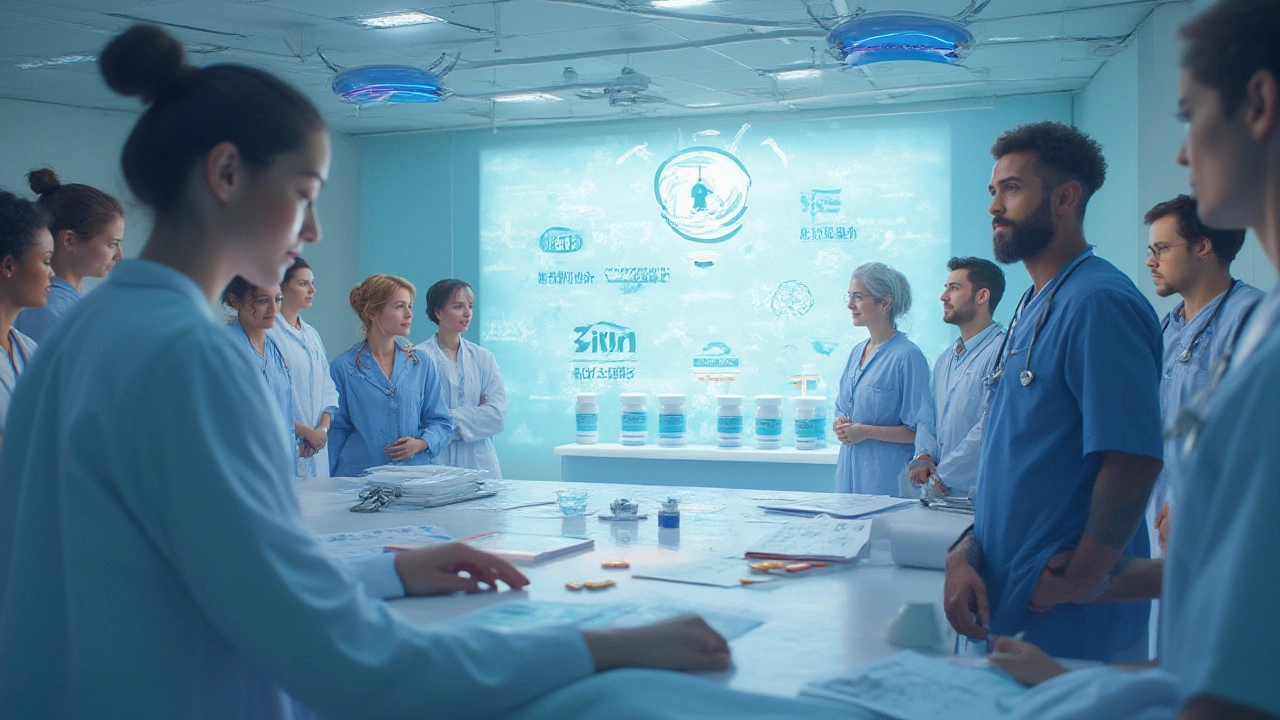Chemotherapy Basics: What You Should Know
Starting chemotherapy can feel overwhelming, but knowing what to expect helps you stay in control. Chemotherapy is a treatment that uses strong medicines to target and kill cancer cells. It can be given as pills, injections, or through an IV. The goal is to stop cancer from growing or spreading, but it can also affect healthy cells, causing side effects.
Chemotherapy isn’t a one-size-fits-all. Doctors choose drugs and schedules based on the type of cancer, its stage, and your overall health. Treatments are typically given in cycles, allowing your body time to recover between sessions. Understanding this helps you prepare mentally and physically for the road ahead.
Common Chemotherapy Drugs and How They Work
There’s a wide range of chemotherapy drugs, each with a different way of attacking cancer cells. For example, Arimidex (anastrozole) is often used for hormone-driven breast cancer, blocking hormones that fuel tumor growth. Other drugs target fast-dividing cells, since cancer cells tend to multiply quickly. Your oncologist will explain which medicines you’re receiving and why they’re chosen for your case.
Side effects can vary with the drug and dosage. You might experience fatigue, hair loss, nausea, or lowered immunity. These effects come from the treatment’s impact on healthy cells, like those in your hair follicles and digestive tract. Good news: There are ways to manage many of these symptoms, from medication to lifestyle changes. Communicate openly with your healthcare team so they can help you handle side effects effectively.
Tips for Handling Chemotherapy
Stay organized by keeping a treatment journal to track appointments, symptoms, and questions for your doctor. Eating a balanced diet and staying hydrated can support your body’s healing process. It’s also important to rest when you feel tired and find activities that help you relax, whether that means reading, meditation, or light walks.
Support matters, so lean on friends, family, or support groups. Talking to people who understand can make a big difference. Lastly, always ask your medical team before trying new supplements or remedies—some might interfere with chemotherapy.
Chemotherapy is tough, but with the right info and support, you can face it step by step. Knowing what’s coming and how to manage it gives you more power over your treatment journey.
Fertility Preservation Options Before Chemotherapy: What You Need to Know
- Keith Ashcroft
- |
- |
- 2
Fertility preservation before chemotherapy offers real options to protect future parenthood. From egg freezing to sperm banking, here's what works, what doesn't, and how to act fast.
View moreHydrea Uses: Expanding Beyond Sickle Cell Disease in Oncology and Dermatology
- Keith Ashcroft
- |
- |
- 9
Explore the surprising uses of Hydrea beyond sickle cell disease, including its off-label roles in cancer and dermatology, with the latest clinical insights.
View more

